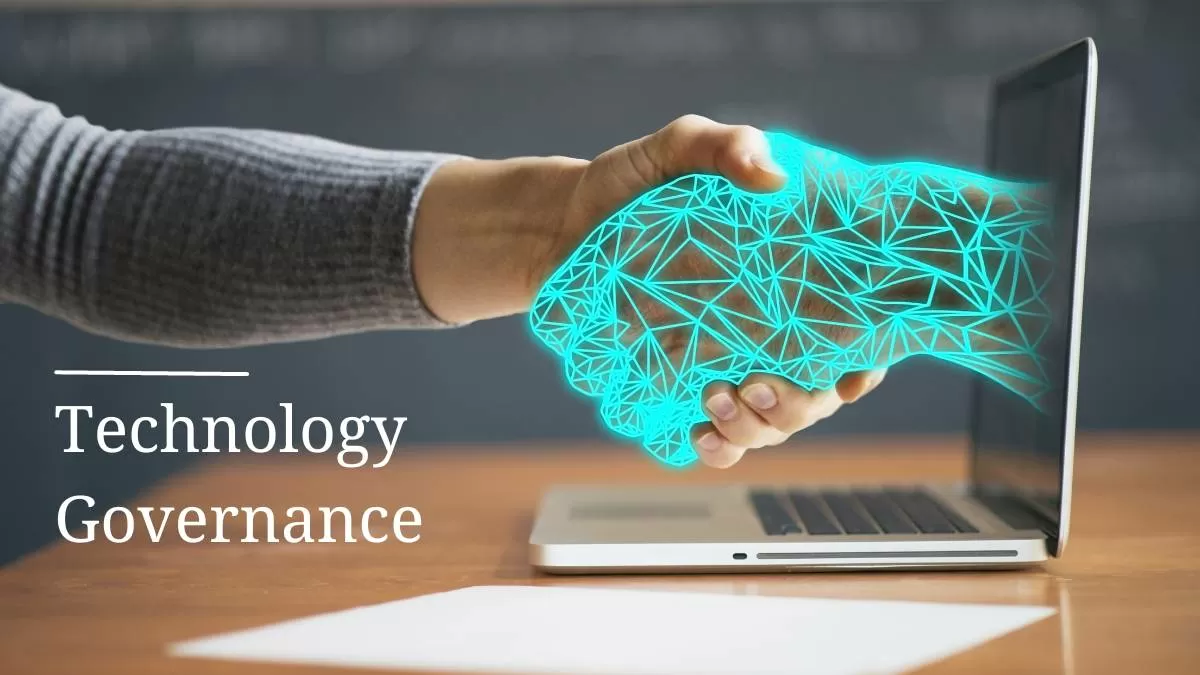Modern Technology Influence Political Systems and Governance

Modern technology exerts a significant influence on political systems and governance, shaping the way governments operate, communicate, and interact with citizens. Here are some key ways in which modern technology influences political systems and governance:
Information Access and Transparency: Technology enables governments to enhance transparency, accountability, and citizen engagement by providing access to information, data, and government services through digital platforms and online portals. Open data initiatives, e-government websites, and transparency portals enable citizens to access government information, track public spending, and hold policymakers accountable for their actions.
E-Government and Digital Services: Technology facilitates the digitization of government services, administrative processes, and public service delivery through e-government initiatives and digital transformation strategies. Online services such as e-tax filing, digital permits, and online voting streamline bureaucratic procedures, reduce paperwork, and improve efficiency and accessibility of government services for citizens and businesses.
Political Participation and Civic Engagement: Technology empowers citizens to participate in political processes, express their opinions, and engage with policymakers through digital platforms, social media, and online forums. Digital democracy initiatives such as e-petitions, crowdsourcing, and participatory budgeting enable citizens to contribute to policymaking, advocacy, and public discourse, fostering a more inclusive and responsive political system.
Campaigning and Political Communication: Technology transforms political campaigning and communication strategies by enabling candidates, parties, and advocacy groups to reach voters, mobilize supporters, and disseminate messages through digital channels. Social media platforms, online advertising, and digital marketing tools enable targeted messaging, micro-targeting, and data-driven campaign strategies that influence voter behavior and electoral outcomes.
Surveillance and Control: Technology enables governments to monitor, surveil, and control digital communications, online activities, and social media platforms for purposes such as law enforcement, national security, and political control. Surveillance technologies, censorship tools, and internet shutdowns raise concerns about privacy rights, freedom of expression, and civil liberties, posing challenges to democratic governance and human rights.
Cybersecurity and Election Integrity: Technology introduces new challenges and risks to cybersecurity, election integrity, and democratic processes, as governments and political actors face threats such as hacking, disinformation, and foreign interference. Strengthening cybersecurity defenses, safeguarding electoral systems, and promoting media literacy and critical thinking skills are essential to protect democratic institutions and electoral integrity in the digital age.
Data Privacy and Protection: Technology raises concerns about data privacy, surveillance, and misuse of personal information by governments and private entities. Strengthening data privacy regulations, enforcing accountability mechanisms, and promoting ethical data practices are critical to protect citizens' privacy rights and ensure responsible use of technology in governance and policymaking.
Overall, modern technology presents both opportunities and challenges for political systems and governance, empowering citizens, enhancing government efficiency, and fostering democratic participation, but also raising concerns about privacy, security, and democratic norms in the digital age. Addressing these challenges requires proactive measures to harness the benefits of technology while mitigating risks and safeguarding democratic values, human rights, and the rule of law.
Thank you,